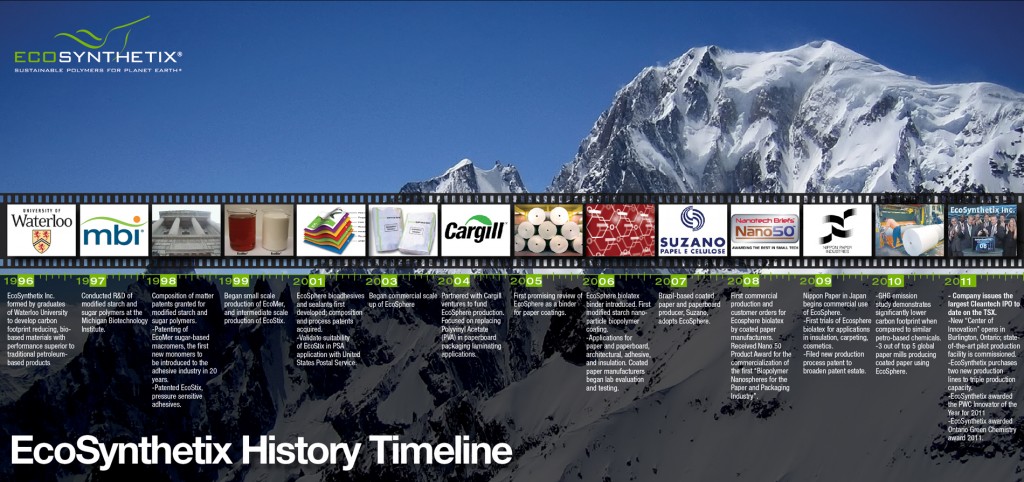A July 12, 2014 news item on Nanowerk heralds this new International symposium on nanoscience and nanotechnology,
The ‘International Symposium on Nanoscience and Nanotechnology’ will be hosted at The University of the West Indies (UWI), St. Augustine [in Trinidad and Tobago], from July 15-17, 2014. The symposium, focused on the frontier areas of science, medicine and technology, is the first of its kind in the English-speaking Caribbean and is organised jointly by CARISCIENCE, The UWI and the University of Trinidad and Tobago. The symposium consists of a Public Lecture on Day 1 and Scientific Sessions over Days 2 and 3.
This international symposium is important and ground-breaking since these are widely viewed as revolutionary fields. Nanoscience and nanotechnology are considered to have huge potential to bring benefits to many areas of research and application and are attracting rapidly increasing investments from governments and businesses in many parts of the world.
Despite developments in nanoscience and nanotechnology, the Caribbean as a region has not been involved to the extent that more advanced countries have. As such, this symposium aims to provide a stronger focus on the impact and implications of developments in nanoscience/nanotechnology for stakeholders within the Caribbean region, including researchers, academics, university students, government and policy makers, industry partners and the wider public. The symposium will explore various topics under the following themes:
Nanotechnology for Sustainable Energy and Industrial Applications
Nanotechnology for Electronic Device and Sensor Applications
Nanotechnology in Biology, Medicine and Pharmaceuticals
Nanoscale Synthesis, Nanofabrication and Characterization
A July 11, 2014 UWI news release, which originated the news item, provides details about the speakers and more,
An impressive line-up of leading, globally recognised experts from world-class international and regional institutes awaits, including the Public Lecture titled “Science and the Elements of Daily Life,” to be delivered by world-renowned scientist, Professor Anthony K. Cheetham FRS, University of Cambridge, Vice President and Treasurer of The Royal Society. Additionally, the Keynote Address at the Opening Ceremony will be delivered by The Right Honourable Keith Mitchell, Prime Minister of Grenada, with responsibility for Science and Technology in CARICOM.
Speakers at the scientific sessions include Professor Fidel Castro Díaz-Balart (Scientific Advisor to the President of the Republic of Cuba and Vice President of The Academy of Science, Cuba); Professor Frank Gu (University of Waterloo, Canada); Professor Christopher Backhouse (former Director of the Waterloo Institute of Nanotechnology, University of Waterloo, Canada); Professor G. U. Kulkarni (JNCASR, India) and Professor Masami Okamoto (Toyota Technology Institute, Japan).
Students, teachers, academics and the wider public, are all invited and encouraged to attend and use this unique opportunity to engage these leading scientists.
The free Public Lecture is scheduled for Tuesday July 15, 2014, from 5pm-7.30pm, at the Daaga Auditorium, The UWI, St. Augustine Campus. [emphasis mine] The Scientific Sessions take place on Wednesday and Thursday July 16 and 17, 2014, from 8.30am-5pm, at Lecture Theatre A1, UWI Teaching and Learning Complex, Circular Road, St. Augustine. There will also be a small Poster Session to highlight some research done in the areas of Nanoscience and nanotechnology in the Caribbean.
All attendees (to the scientific sessions) must complete and send registration forms to the email address janicejoseph63@hotmail.com by Sunday, July 13, 2014. Registration forms may be downloaded at the Campus Events Calendar entry by visiting www.sta.uwi.edu/news/ecalendar.
A registration fee must be paid in cash at the registration desk on Wednesday July 16, 2014, Day 2, at the start of the scientific sessions.
- Academic and non-academic: TT$ 600
- Graduate student: TT$ 150
- Undergraduate student: no cost
For further information on the symposium, please visit the Campus Events Calendar at www.sta.uwi.edu/news/ecalendar.
I wish them all the best. They seem (judging by the institutions represented) to have attracted a stellar roster of speakers.
